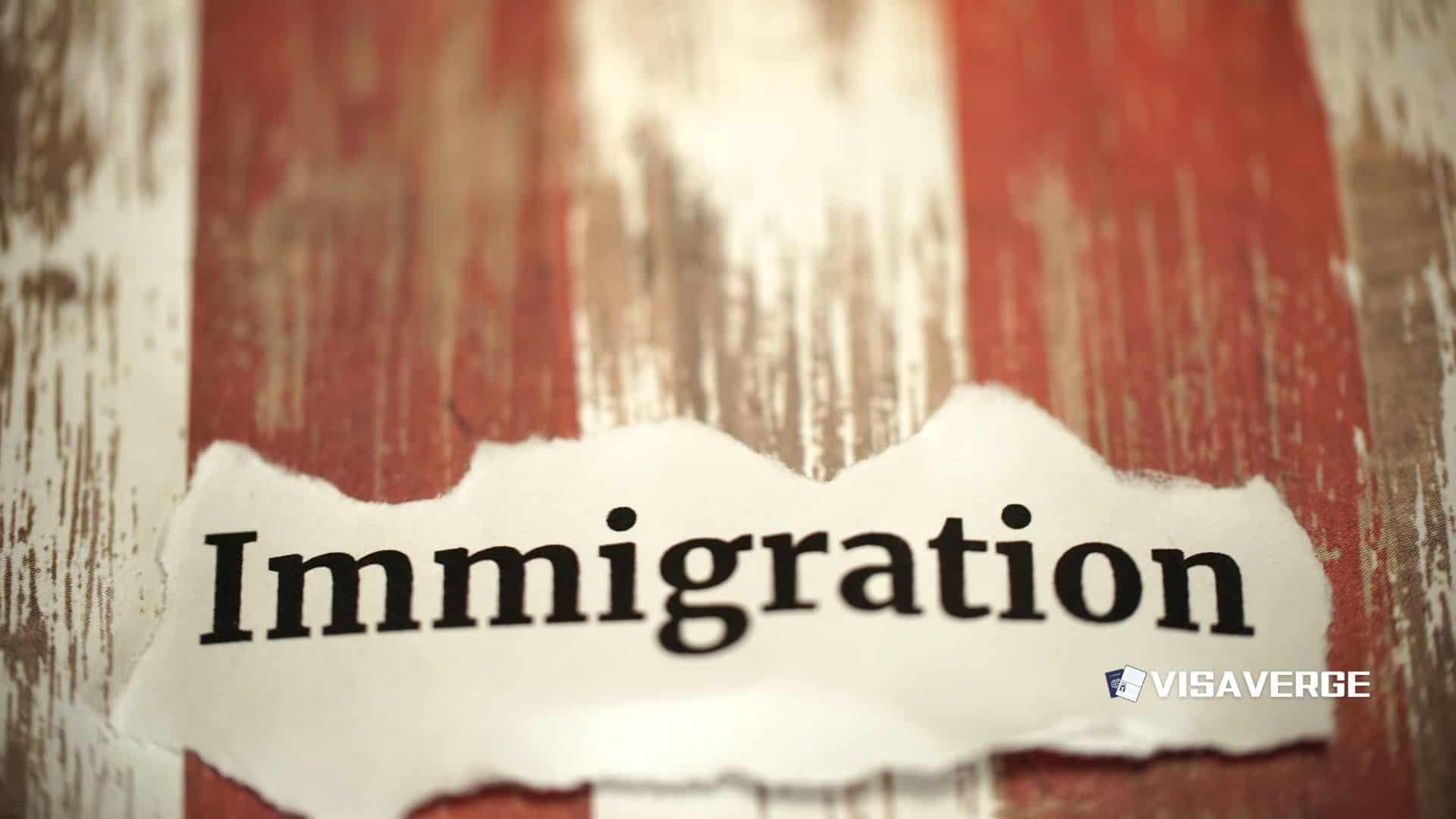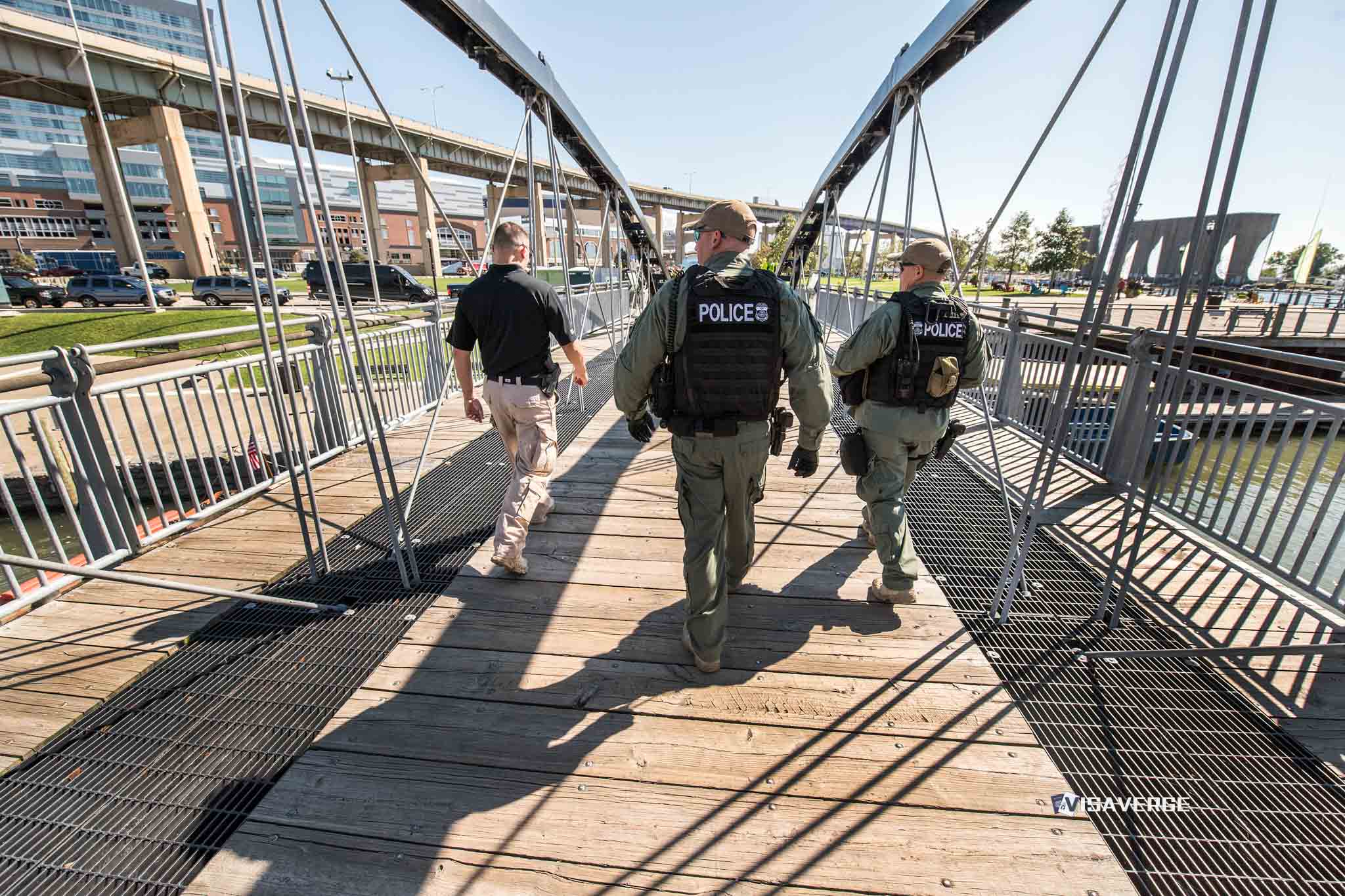Key Takeaways
• NY Attorney General investigates Oswego Sheriff over March 2025 death of Miles Dignean.
• Federal DHS reversed ICE raid pause June 17, 2025, increasing immigration enforcement locally.
• No official civil rights probe yet, but ongoing OSI review and possible investigations remain.
The New York Attorney General’s Office and Oswego County Sheriff’s Immigration Enforcement: What’s Happening and Why It Matters
Who, What, When, Where, Why, and How

The New York Attorney General’s Office, led by Attorney General Letitia James, is known for investigating law enforcement agencies across New York 🇺🇸. Recently, attention has turned to the Oswego County Sheriff’s Office, especially after a high-profile incident on March 21, 2025, involving the death of Miles Dignean during an encounter with both the Oswego County Sheriff’s Office and the New York State Police. While there is no official announcement of a civil rights probe into the Oswego County Sheriff’s Office’s immigration enforcement practices, the Attorney General’s Office is actively investigating the Dignean case. At the same time, changes in federal immigration enforcement policies—especially the reversal of guidance on ICE raids—are raising questions about how local law enforcement, like the Oswego County Sheriff’s Office, interacts with immigrant communities.
This situation matters because it affects not only law enforcement agencies and their practices but also the daily lives of immigrants, their families, and the broader community in Oswego County and across New York 🇺🇸.
Background: Law Enforcement, Immigration, and Civil Rights in New York 🇺🇸
New York 🇺🇸 has a long history of balancing strong law enforcement with the protection of civil rights, especially for immigrant communities. The state has passed laws like the “Protect Our Courts Act,” which limits the ability of federal immigration agents, such as those from Immigration and Customs Enforcement (ICE), to make arrests in or near courthouses. This law aims to make sure immigrants can attend court without fear of being detained by ICE.
At the same time, local law enforcement agencies, including the Oswego County Sheriff’s Office, sometimes cooperate with federal immigration authorities. This cooperation can include sharing information, holding people for ICE, or helping with raids. These actions can create tension, especially when immigrant communities feel targeted or unsafe.
Recent Developments: Investigations and Policy Changes
Ongoing Investigations
- Miles Dignean Case: On March 21, 2025, Miles Dignean died during an encounter with the Oswego County Sheriff’s Office and the New York State Police. The New York Attorney General’s Office of Special Investigation (OSI) began looking into the incident soon after. The OSI’s job is to review cases where people die during interactions with police to see if any laws were broken or if officers acted improperly.
- No Official Civil Rights Probe (Yet): As of now, there is no official civil rights investigation by the New York Attorney General into the Oswego County Sheriff’s Office’s immigration enforcement. However, Attorney General Letitia James has a record of investigating law enforcement agencies for possible misconduct, so the possibility remains open.
Federal Policy Changes
- ICE Raids Policy Reversal: On June 17, 2025, the U.S. Department of Homeland Security reversed earlier guidance that had paused ICE raids at certain locations, such as farms and hotels. This means ICE agents can now conduct raids at more places, which could lead to more arrests and deportations.
- Impact on Local Enforcement: With this change, local law enforcement agencies like the Oswego County Sheriff’s Office may face more pressure to cooperate with ICE or may see more ICE activity in their communities.
How Investigations Work: Step-by-Step
When the New York Attorney General’s Office investigates a law enforcement agency, the process usually follows these steps:
- Initial Assessment: The Office of Special Investigation (OSI) reviews the facts of the case, such as the death of Miles Dignean, to decide if a full investigation is needed.
- Full Investigation: If they move forward, OSI gathers evidence, interviews witnesses, reviews body camera footage, and looks at police reports.
- Legal Action: If the investigation finds that officers broke the law or violated civil rights, the Attorney General’s Office can bring charges or take other legal steps.
This process is designed to make sure law enforcement agencies follow the law and respect people’s rights, including the rights of immigrants.
Immigration Enforcement: What’s at Stake for Immigrants and Law Enforcement
For Immigrants and Their Families
- Increased Fear and Uncertainty: When ICE raids increase or when local police work closely with ICE, many immigrants—especially those without legal status—feel afraid to go to work, school, or even seek help from the police.
- Community Trust: Immigrant communities may lose trust in local law enforcement if they believe police are helping ICE. This can make people less likely to report crimes or cooperate with investigations, which can hurt public safety for everyone.
For Law Enforcement Agencies
- Balancing Federal and Local Roles: Local police and sheriff’s offices must decide how much to cooperate with ICE. Some agencies want to help enforce federal immigration laws, while others worry this will damage their relationship with the community.
- Legal Risks: If law enforcement agencies are found to violate civil rights—such as by detaining people without proper cause—they can face lawsuits, investigations, and loss of public trust.
Legal and Policy Context: New York’s Approach to Immigration Enforcement
Protect Our Courts Act
- What It Does: This law, passed in New York 🇺🇸, stops ICE agents from making arrests in or near courthouses unless they have a judicial warrant. The goal is to make sure immigrants can go to court safely, whether they are victims, witnesses, or defendants.
- Why It Matters: By limiting ICE’s reach, the law tries to protect the rights of immigrants and keep the justice system open to all.
Federal-State Tensions
- Changing Federal Policies: The U.S. government sometimes changes its approach to immigration enforcement, such as by increasing or decreasing ICE raids. These changes can put local law enforcement in a tough spot, especially in states like New York 🇺🇸 that have laws protecting immigrants.
- Legal Challenges: Laws like the Protect Our Courts Act have faced legal challenges from the federal government, which argues that states should not interfere with federal immigration enforcement.
Multiple Perspectives: What Different Groups Are Saying
Law Enforcement View
- Many local police and sheriff’s offices say they need to work with federal agencies to keep communities safe. They argue that some cooperation with ICE is necessary to catch dangerous criminals.
- At the same time, some law enforcement leaders worry that too much cooperation with ICE will make immigrants afraid to call the police, which can make it harder to solve crimes.
Immigrant Advocacy Groups
- Groups that support immigrants often argue that ICE raids and local cooperation with federal immigration authorities make communities less safe. They say that when people are afraid of being deported, they are less likely to report crimes or seek help.
- These groups also push for stronger protections, such as limiting when and how local police can work with ICE.
Legal Experts
- Many legal experts stress the need to balance immigration enforcement with civil rights protections. They warn that aggressive enforcement can lead to racial profiling, wrongful detentions, and violations of constitutional rights.
Recent Statements and Official Positions
- Attorney General Letitia James: While she has not made a specific statement about a civil rights probe into the Oswego County Sheriff’s Office’s immigration enforcement, she has a track record of investigating law enforcement misconduct and supporting civil rights.
- U.S. Department of Homeland Security: Officials have said that ICE raids will continue at various sites, including farms and hotels, following the policy reversal on June 17, 2025.
Practical Effects and Implications
For Immigrants in Oswego County and Beyond
- More ICE Activity: With the reversal of ICE raid guidance, immigrants may see more enforcement actions in their communities. This could mean more arrests, detentions, and possible deportations.
- Legal Uncertainty: Immigrants may not always know their rights or what to do if they are stopped by ICE or local police. This can lead to confusion and fear.
For Local Law Enforcement
- Policy Confusion: Local agencies may struggle to keep up with changing federal policies and state laws. They must decide how to respond to requests from ICE while following state laws like the Protect Our Courts Act.
- Community Relations: Agencies that work closely with ICE may face backlash from immigrant communities and advocacy groups.
What Happens Next? Future Outlook and Pending Changes
Possible Civil Rights Investigations
- If the New York Attorney General’s Office decides to open a civil rights probe into the Oswego County Sheriff’s Office’s immigration enforcement, it could lead to changes in how the agency works with ICE.
- Such an investigation could also set an example for other law enforcement agencies across New York 🇺🇸.
Policy Changes and Legal Challenges
- Ongoing legal battles over laws like the Protect Our Courts Act could shape how much protection immigrants have from ICE raids in the future.
- If courts uphold these laws, local police may have less room to cooperate with ICE. If the laws are struck down, federal immigration enforcement could become more aggressive.
What Should Immigrants and Community Members Do?
Know Your Rights
- Immigrants should learn about their rights during encounters with law enforcement and ICE. For example, you have the right to remain silent and the right to speak to a lawyer.
- Community organizations often provide resources and training on what to do if ICE comes to your home or workplace.
Stay Informed
- Follow updates from official sources, such as the New York Attorney General’s Office and U.S. Department of Homeland Security, for the latest news on investigations and policy changes.
- Local immigrant advocacy groups can also provide support and up-to-date information.
Seek Legal Help
- If you or someone you know is affected by immigration enforcement, it’s important to get legal advice. Many organizations offer free or low-cost help to immigrants facing deportation or other legal problems.
Expert Analysis and Broader Impact
Analysis from VisaVerge.com suggests that the intersection of local law enforcement and federal immigration enforcement remains a complex and often controversial issue. As policies shift at both the state and federal levels, the practical effects on immigrant communities can be significant. Increased ICE activity, changes in local cooperation, and ongoing legal battles all contribute to an environment of uncertainty.
For law enforcement, the challenge is to enforce the law while maintaining trust with all members of the community. For immigrants, the stakes are high—ranging from the risk of deportation to the fear of seeking help when needed.
Key Takeaways and Next Steps
- No Official Civil Rights Probe Yet: While the New York Attorney General’s Office is investigating the Oswego County Sheriff’s Office over the death of Miles Dignean, there is no official civil rights probe into immigration enforcement at this time.
- ICE Raids Increasing: The reversal of federal guidance means more ICE raids may occur, affecting immigrant communities in Oswego County and across New York 🇺🇸.
- Stay Informed and Prepared: Immigrants and their families should know their rights, stay updated on policy changes, and seek legal help if needed.
- Watch for Future Developments: Ongoing investigations and legal challenges could lead to changes in how local law enforcement works with ICE and how immigrants are protected.
For more information on your rights and the latest updates, visit the New York Attorney General’s Office or trusted immigration resources.
Conclusion
The relationship between the New York Attorney General, the Oswego County Sheriff’s Office, and immigration enforcement is a developing story with real consequences for people in New York 🇺🇸. As investigations continue and policies change, it’s important for everyone—immigrants, law enforcement, and community members—to stay informed and understand their rights. The coming months may bring new developments, so keeping an eye on official announcements and seeking help when needed will be key for those affected.
Learn Today
Immigration Enforcement → Actions by authorities to enforce immigration laws, including detentions and deportations.
Office of Special Investigation (OSI) → A unit investigating deaths during police encounters to ensure lawful conduct.
ICE → Immigration and Customs Enforcement, a federal agency enforcing immigration laws.
Protect Our Courts Act → New York law limiting ICE arrests near courthouses without a judicial warrant.
Civil Rights Probe → An official investigation into potential violations of legal protections against discrimination.
This Article in a Nutshell
The New York Attorney General investigates the Oswego County Sheriff’s handling of immigration enforcement amid rising ICE raids and community tensions. The March 2025 death of Miles Dignean sparked scrutiny. Federal policy reversals increase pressure on local agencies to cooperate, affecting immigrants’ trust and law enforcement relations statewide.
— By VisaVerge.com








